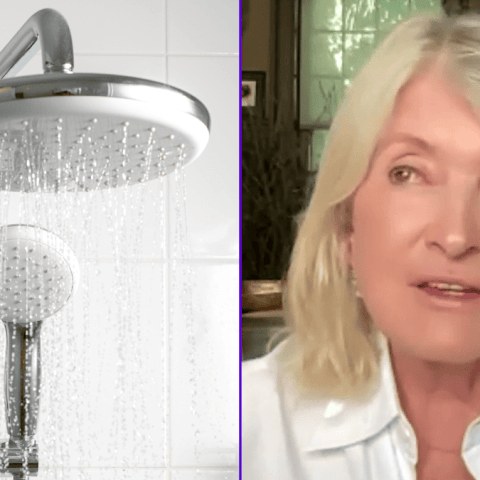Logitech recently announced it will disable all Pop switches on October 15, marking a disappointing end for early smart home users. These switches, launched in August 2016, allowed people to manage their smart home devices easily. With a simple press, users could control lights, play music, or manage smart blinds. Each switch could handle three actions and was run through an app on mobile devices. A starter pack sold for $100, while individual switches were available for $40.
On September 29, Logitech informed users that their Pop switches would soon become obsolete. According to emails shared on Reddit, the message stated:
“As of October 15, 2025, your POP button(s) and the connected hub will no longer be supported and will lose all functionality.”
To soften the blow, Logitech offered customers a 15% discount on select products, including its Ultimate Ears speakers. However, this offer is limited to the U.S. and valid only until March 31, 2026, and it excludes several product categories.
Logitech hasn’t provided clarity on what’s next for users post-October 15 or how they plan to handle potential e-waste concerns. A representative mentioned the company has supported the Pop ecosystem for nearly a decade but decided it was time to move on for evolving technology.
This move highlights a growing challenge in the smart home industry: planned obsolescence. Many companies release products that ultimately become useless as technology advances. According to a recent survey by the International Data Corporation (IDC), about 64% of smart home device owners express frustration over devices losing support after a few years. This trend raises questions about sustainability and the responsibility of tech companies toward their customers.
As the smart home market continues to grow, users are left wondering how to prevent their investments from becoming digital waste. Companies should consider longer support timelines and clearer communication to avoid disheartening their early adopters.
For more insights on planned obsolescence and its impact on consumers, check out this recent BBC article.






















